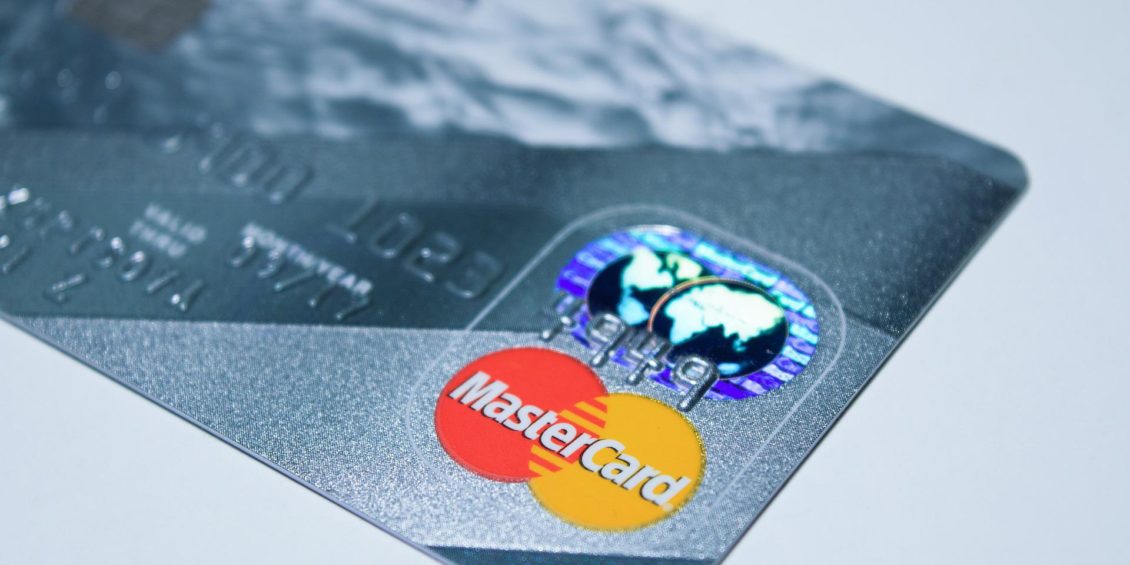
This September, Mastercard is scheduled to roll out an overhaul to their Mastercom platform, called Mastercard Collaboration. This update, which is very similar to what Visa did with their Rapid Dispute Resolution initiative, will be a mandatory platform for Mastercard disputes.
The idea behind Collaboration is that merchants will receive advance notification about pending disputes, instead of getting a Mastercard chargeback out of the blue without warning. This will give the merchant time to review the claim. They can either refund the buyer, or start putting together evidence to fight the pending chargeback.
Why an Overhaul Was Necessary
Mastercom is Mastercard’s end-to-end dispute resolution platform. Mastercom isn’t going anywhere, but it is introducing Collaboration as a new workflow. The aim is to provide merchants with opportunities to rectify disputes before they become formal chargebacks.
In the previous version, acquirers were left out of the equation. Merchants could participate in Collaboration through the Ethoca Merchant Network via Ethoca Alerts. Participating issuers were meant to alert merchants of impending cardholder disputes in real-time, but the process was not as seamless as proposed. There could be communication issues between merchants and issuers, leading to delays.
By the time a merchant learned about a dispute under the legacy system, they’d usually only have a few days in which to investigate the claim, gather evidence, and submit a response. The odds were steeply against merchants. As a result, they would often lose sales revenue, and any products or services already provided to the buyer.
Platform Updates Encourage Collaboration
To illustrate how this works, when an issuing bank disputes a cardholder’s transaction, their course of action will depend on whether they have a direct relationship with Ethoca or not. If they are part of the network, they’ll initiate a collaboration request directly through Ethoca.
If, on the other hand, the issuer is not part of the Ethoca network, dispute requests will pass directly to the acquirer instead. The acquirer will then view cases from their appropriate queues in Mastercom, and, after reviewing each claim, they will contact merchants directly for instructions on how to respond. Sometimes they may react on their merchant’s behalf based on any predetermined agreements.
When issuers have no relation to Ethoca, collaboration requests are initiated directly through Mastercom. At this stage, requests are sent to merchants via Ethoca if a connection between the two exists. Otherwise, they’ll be forwarded to the acquirer, who will respond on the merchant’s behalf through Mastercom.
When a merchant receives a request, they will have 72 hours to respond. Otherwise, any paused disputes will be automatically rejected and likely result in a chargeback.
Key Benefits of Mastercard Collaboration
Chargebacks have become a big problem for the industry at large. Hence, the urgency to update previously insufficient systems. On September 11th, Mastercard hopes to improve this issue for all involved. Key benefits for merchants resulting from Collaboration will include:
- Lower chargeback rates: Preventing chargebacks before they happen lowers chargeback rates.
- Streamlined diagnostics: Improved data access and recall means shorter waiting and response times.
- Tighter bottom lines: Merchants can save money by canceling orders in advance of chargebacks and also by limiting the number of chargeback fees they incur each month
- Improved customer service: A faster, more amicable resolution can prevent angry customers and negative reviews.
Changes Could Prevent Friendly Fraud Chargebacks
These changes to Mastercom Collaboration place merchants on a much more level playing field.
Merchants are better-positioned to resolve disputes before they become chargebacks. The additional requirement for cardholders to attempt to resolve disputes with merchants before raising them with their issuing bank is crucial, too. It will dissuade unaware cardholders from accidentally engaging in first-party fraud by requesting a chargeback without a valid reason for it.
Cardholders were expected to contact merchants before disputing charges under the legacy chargeback system. The fact is, however, that they rarely did.
Friendly fraud has been a growing problem for years. It deprives merchants of the opportunity to resolve issues independently. In this way, consumers don’t seem to understand the difference between a chargeback and a refund or use the terms interchangeably.
A Note of Cautious Optimism
However the collaboration update plays out in the short term, an overall reduction in chargebacks is something merchants can get behind for the long term.
Making faster, collaborative decisions regarding disputes is a win-win for everyone involved. Cardholders get their money back in record time. At the same time, banks save money, and merchants save themselves the hassle of several types of chargebacks.
I want to also give a word of warning here, though. Merchants should be advised that, despite the promised reduction in chargebacks, these Mastercom updates will still fall dreadfully short of the mark regarding friendly fraud chargebacks. Indeed, according to the 2022 Chargeback Field Report, 65% of the merchants surveyed experienced an elevated number of friendly fraud chargebacks in the last year.
To get the most out of your prevention efforts, a broader, more multi-tiered approach to chargeback management is still required.
